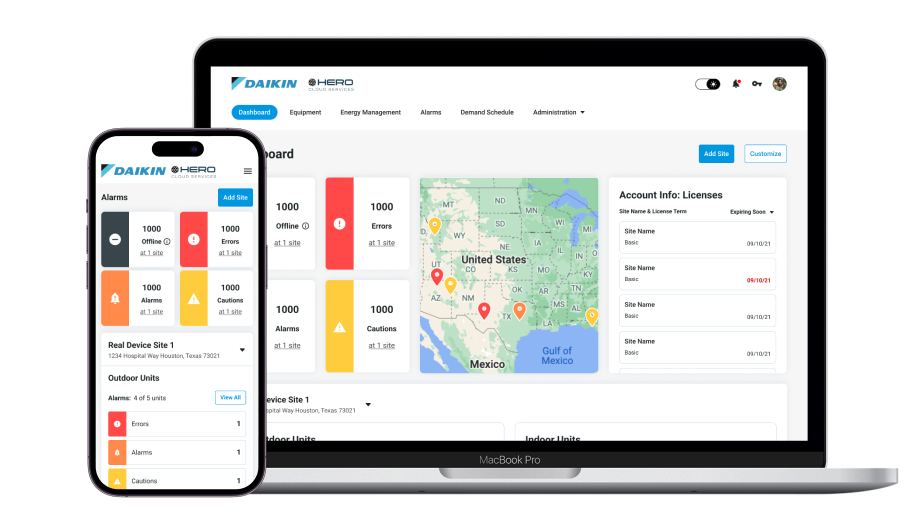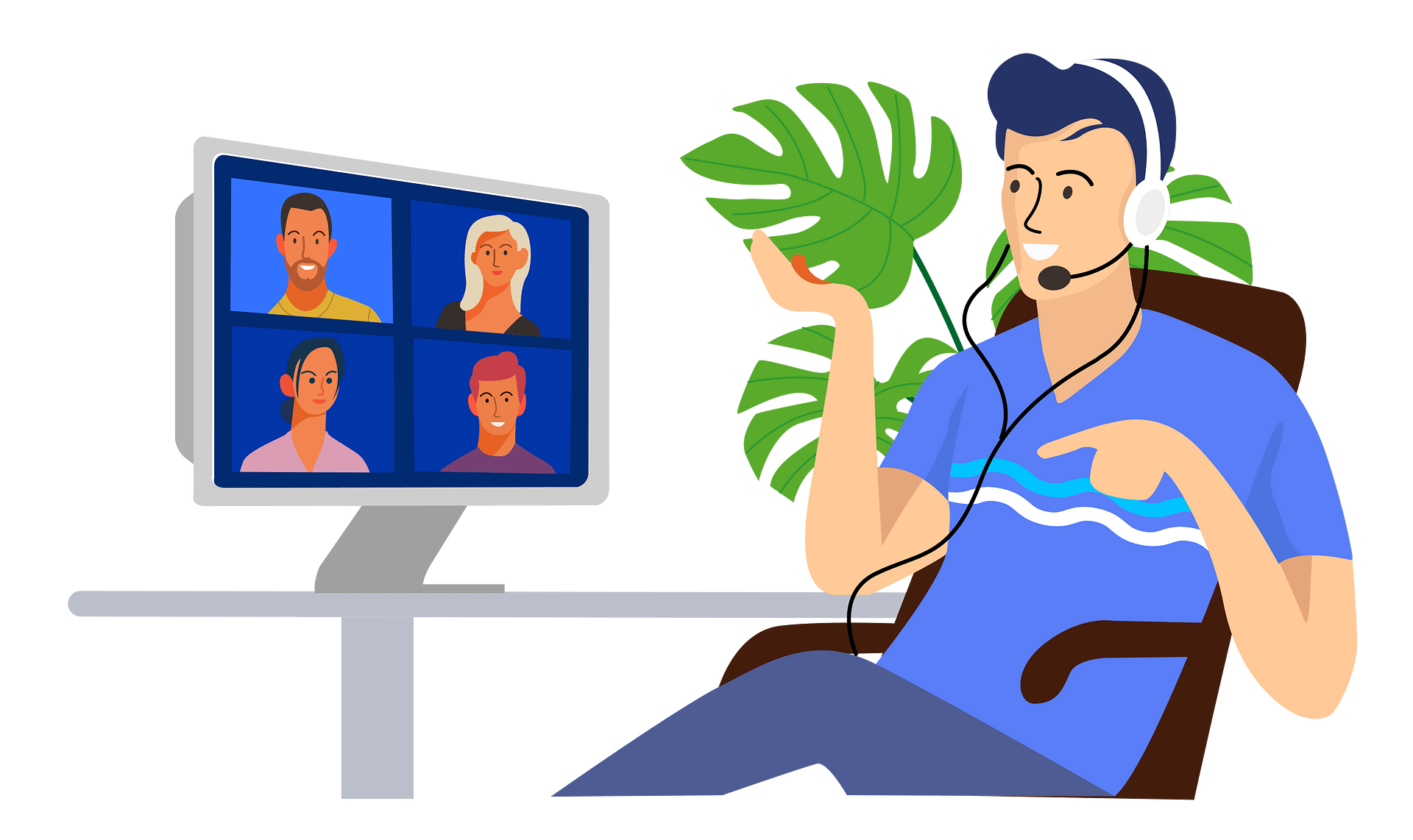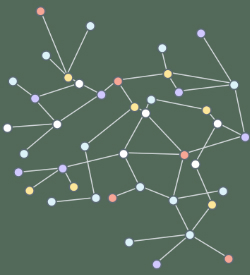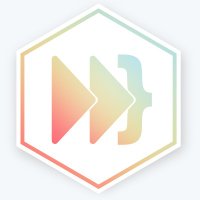Overview
Grio has adapted the Agile methodology to our consulting business; and one of our most valued “ceremonies” is the retrospective. We keep these meetings open to all, and the notes from these meetings are in a shared folder for everyone at Grio to read.
Despite having access, I found them “gathering dust” so to speak, and decided to dig through the entire folder to track Grio’s ability to implement the changes proposed and avoid the pitfalls of previous projects. We’re genuinely asking ourselves, “Are we serious about learning from mistakes?”
I’ve explored the overall process of my research here, and have presented the findings in depth to our entire team. There’s some good news, and some work to do; but we’re happy to see that our efforts have created tangible benefits to our team, our clients, and our bottom line.
We’re asking ourselves:
“Are we serious about learning from mistakes?”
read on










